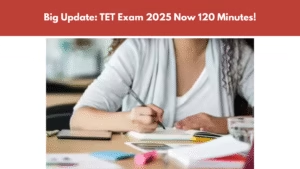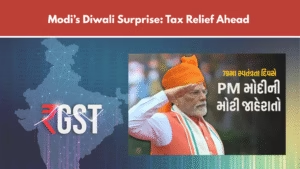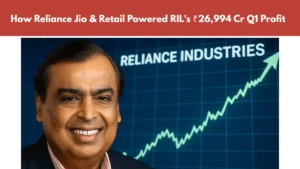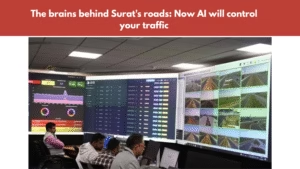In the face of Ghibli criticism, Sam Altman argues that AI art is a “net win” for society
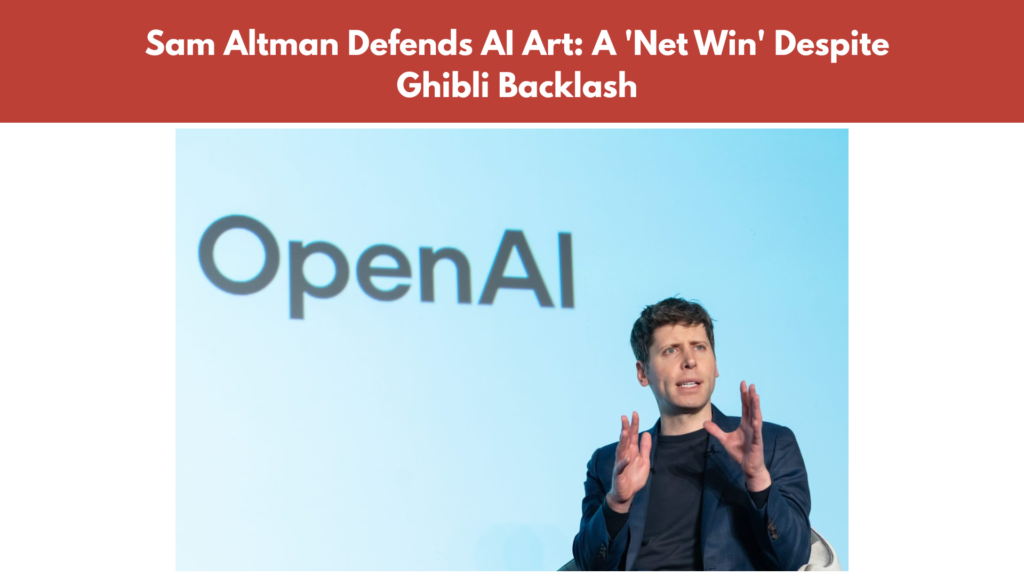
In the face of Ghibli criticism
In the face of Ghibli criticism – Regarding AI Art, Sam Altman: Sam Altman, the CEO of OpenAI, discussed several divisive topics in a recent podcast, including the AI automation of coding.
Despite acknowledging the drawbacks of AI-generated art, OpenAI CEO Sam Altman maintains that society as a whole benefits from its growing popularity.
“I believe that society has benefited much from the democratization of content creation. In a virtual appearance on a YouTube podcast hosted by Indian entrepreneur Varun Mayya on Sunday, Altman stated, “I think on the whole it’s been a win, but there have been some negative aspects, for sure, and it did something about the art form.”
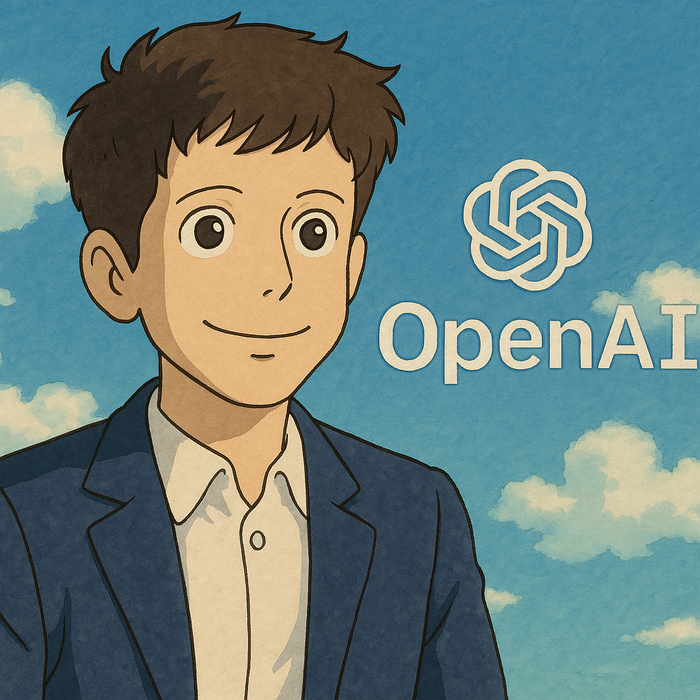
Altman’s comments take place against the backdrop of a contentious discussion about AI-generated art that was recently reignited on social media by the Ghibli AI craze.
In the face of Ghibli criticism –
When OpenAI added a native picture generating function to ChatGPT that was driven by the GPT-4o model, the floodgates were unleashed. AI-generated graphics in the style of the Japanese animation studio Studio Ghibli quickly took over the internet. In the end, the episode widened the divide between proponents and opponents of AI.
Altman also discussed other divisive topics including India as a use case capital for AI, the automation of coding by AI, its effects on the labor market, and more. These are the main points of the podcast.
“There will be a lot more competition for those with different abilities.”
A video of renowned animator and Studio Ghibli co-founder Hayao Miyazaki went viral online amid the outcry from Ghibli fans and AI skeptics. Some users have subsequently pointed out that the video was taken out of context, but it allegedly showed Miyazaki calling AI “an insult to life.”
(In the face of Ghibli criticism)
“It doesn’t mean that it [AI-generated art] doesn’t cause some job loss, and some people who had a sort of differential ability to do something now have a lot more competition,” Altman said in response to Mayya’s question concerning Miyazaki’s alleged criticism of AI in the video. However, in my opinion, society truly benefits from it overall.
Altman added that he had a strong belief in the ability of technology to reduce entrance barriers. “I have personally witnessed the significant shift in the entry barrier to launching a business. According to him, OpenAI is an example of a business that only succeeded because entry barriers to a number of different technological stack components became considerably lower,
(In the face of Ghibli criticism)allowing this motley crew of us to simply do something we weren’t authorized to do.
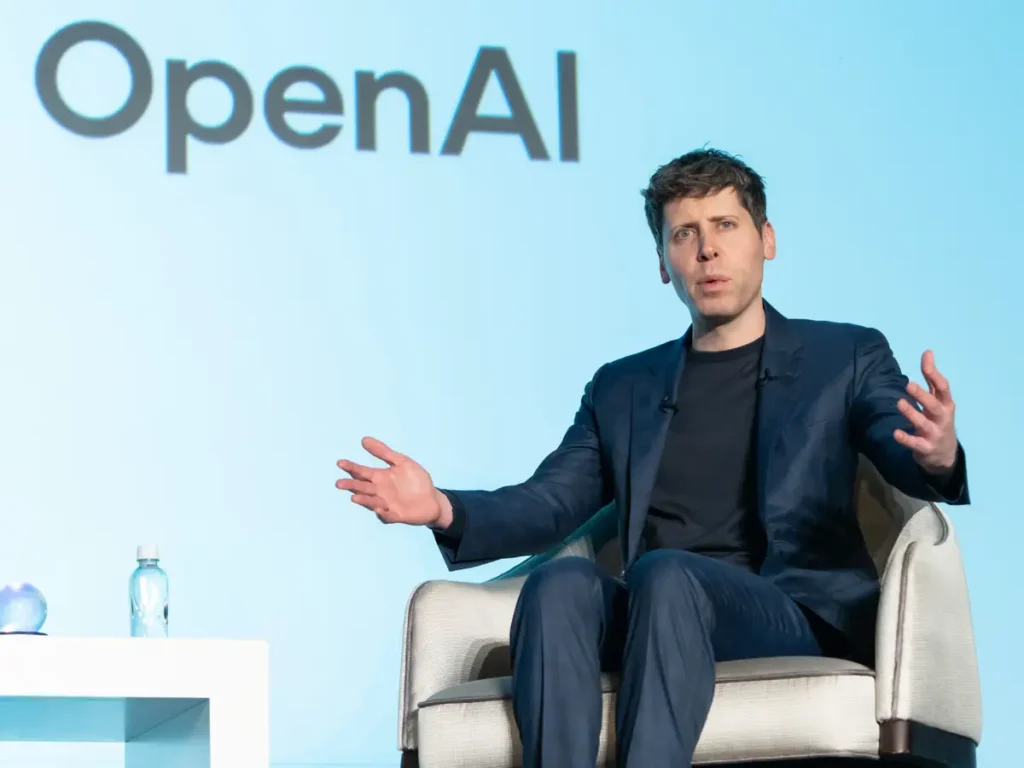
It’s noteworthy that Altman said that artists would face far greater competition as a result of AI. There are worries that these tools may eventually compete with the very creators whose works they were based on because critics have long maintained that AI models that create images are probably trained on artists’ original works without their agreement.
“OpenAI’s fastest-growing market is India.” (In the face of Ghibli criticism)
According to reports, ChatGPT user activity has increased dramatically since the text-to-image creation feature was introduced.(In the face of Ghibli criticism)
Altman predicted that in the not-too-distant future, there will be more than one billion photos produced by ChatGPT. Brad Lightcap, Chief Operating Officer of OpenAI, disclosed this week that since ChatGPT was updated with the picture generator, more than 700 million photos have been created by more than 130 million users.
The variety of inventive use cases is what has excited me the most. Altman stated, “There are undoubtedly many excellent commercial use cases as well, where people are using this for their small businesses to generate new logos or graphic designs.”
He continued, “India is currently our fastest growing market and was one of the first markets outside the US to really jump on AI in a huge huge way.”
(In the face of Ghibli criticism)
“Unfortunately, our compute costs are still quite high, but we are hard at work on more efficient models, and I’m optimistic we’ll be able to bring cost down over time,” Altman stated in reference to reducing ChatGPT subscription rates in price-sensitive areas like India.
According to a report published a few weeks ago by The Information, OpenAI was in negotiations with Jio Platforms, which is owned by Reliance, to provide ChatGPT to enterprise clients in India and to retain consumer data locally by putting its AI models on local servers.
“AI’s impact on jobs will be uneven.”
“It will vary depending on the type of work. Some jobs will completely disappear as a result of AI handling them from start to finish. Altman stated, “I just think it’s going to be a new tool where people are much more productive and can do work at a higher quality.”
He postulated that previously unidentified increases in product demand would give rise to new job classes.
He claimed that taste will still be important, citing the work of graphic designers as an example. “Given the explosion in the number of websites we can create [with AI], perhaps more people will pursue [graphic design].” possibly it turns out that there was a far more need for graphic designers than we could supply,” he remarked.
“It matters how much AI automates coding.”
“This year or next year, AI could make a coder ten times more predictive,” Altman said. “Writing code is one area where I believe there is a lot more demand in the world than we can currently meet,” he stated.
“Now that they have to pay for access to AI, someone who can write code at a certain level will be able to write code or create software at a much higher value,” he explained. “A piece of code would see a decrease in market value as a result, but I would wager that this is an instance of Jevons Paradox.”
(In the face of Ghibli criticism)
For example, Jevons’ Paradox posits that while technical advancements increase the efficiency of a resource’s usage, the total amount of that resource consumed tends to rise.
OpenAI used to be thought to be a wrapper.
Altman responded that there was likely a point when people referred to AI businesses like Perplexity as AWS wrappers, in response to the prevalent criticism that they were GPT-wrappers.
“People are using AI to create incredibly amazing new businesses. The majority of them will fail or perform poorly, but some will find a firm that lasts and creates a great deal of value, and that’s always the case,” he said.
The most significant takeaway for any entrepreneur, according to Altman, is that if an investor was referring to their business as a GPT-wrapper, they might be on the right track.
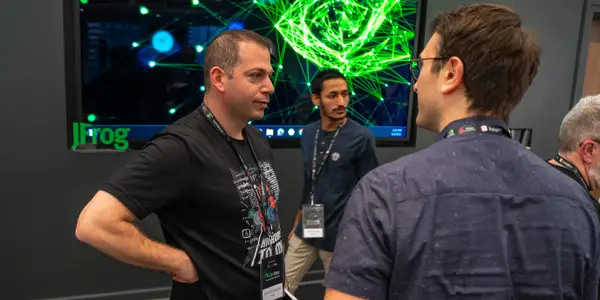
“It sounds like a crazy, terrible business idea from a 20-year-old at Y Combinator, but it’s probably going to be the next OpenAI ” Altman, the former CEO of the startup incubator, advised them to go ahead and pursue their wild notion.
“I somehow thought it was going to be a bigger change to society than it has turned out to be,” he added, lowering hopes for the future of AI.(In the face of Ghibli criticism)
